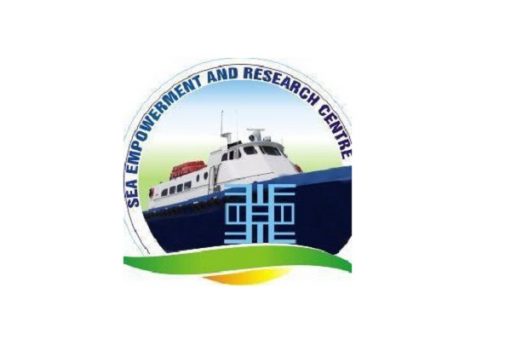The Sea Empowerment and Research Centre (SEREC) has thrown its weight behind the ongoing digital reforms of the Nigeria Customs Service, describing the initiative as a vital step toward dismantling smuggling cartels and plugging revenue leakages. In a recent statement signed by its Head of Research, Dr. Eugene Nweke, the organisation commended the Comptroller General of Customs, Adewale Adeniyi, for his bold drive toward automation, transparency, and stakeholder engagement across the country’s ports.
SEREC noted that the shift toward digital operations and automated customs processes could serve as a “game-changer” in Nigeria’s long-standing battle against entrenched corruption and illegal trade. According to Nweke, smuggling thrives in an environment of opacity, and the sustained use of technology in customs operations is essential to break the hold of criminal networks. He emphasised that digital transformation is not optional but a necessary tool for national economic protection.

The organisation also raised alarm over the growing misuse of bonded terminals, claiming that several of these facilities have been hijacked by criminal syndicates collaborating with some licensed customs agents and corrupt officials within regulatory agencies. SEREC alleged that these actors have turned bonded terminals into routes for the smuggling of banned pharmaceuticals and other contraband items. It backed the CGC’s recent threat to revoke licenses of any terminals implicated in such activities, while urging a comprehensive policy review of bonded terminal operations nationwide.
Citing recent seizures and enforcement successes, SEREC stated that measurable progress has been recorded under the current Customs leadership. It highlighted improvements in intelligence-led enforcement, enhanced inter-agency collaboration, and rising trust among stakeholders as key indicators of reform success. The Centre observed that digital transformation has significantly reduced manual interference, enhanced cargo traceability, and curbed opportunities for illicit activity. Port automation, it said, has enabled real-time cargo tracking, while trade facilitation efforts have cut through red tape, reducing the chances for exploitation by cartels.
SEREC further noted that Customs has increased revenue collections by closing loopholes and reducing evasion tactics, while proactive stakeholder engagement has fostered collaboration and improved policy execution. However, it warned that while progress is evident, the reforms must be institutionalised to withstand evolving threats. Nweke stressed that criminal networks are sophisticated and constantly adapting, adding that Nigeria must outpace them through advanced digital systems, data-driven oversight, and stronger inter-agency cooperation.
As the Nigeria Customs Service intensifies efforts to modernise its operations, the backing from independent bodies like SEREC reflects growing confidence in the direction of ongoing reforms aimed at securing trade channels and boosting national revenue.




